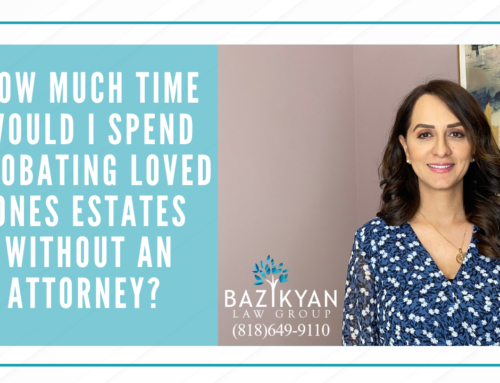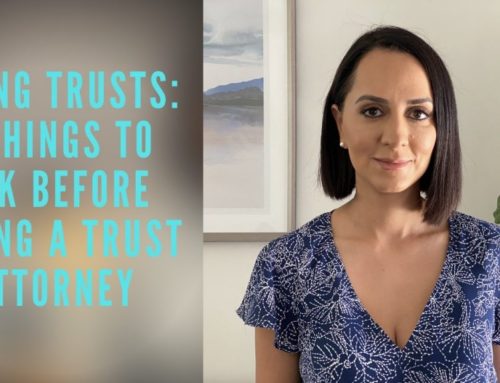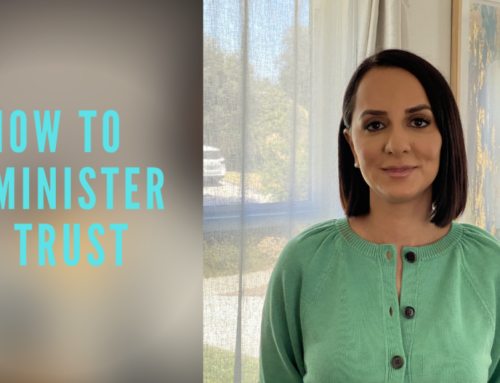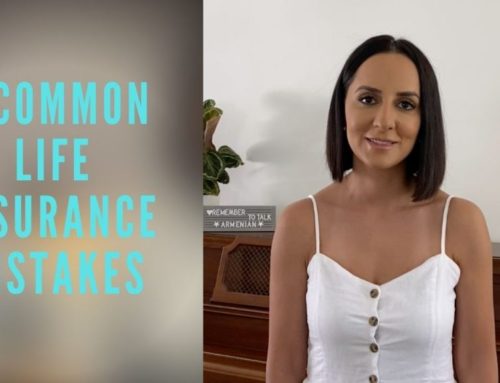Have you heard someone say, “I’m not wealthy, I don’t need a trust”? This is one of the 4 common estate planning myths resulting in thousands of estates probated each year.
Estate planning is about much more than preserving your wealth for your loved ones. A good estate plan will cover not only death, but your incapacity as well. It will provide for your incapacitation and who will make your medical decisions, who will act as guardian for your minor children and much more.
Estate planning is for anyone that wants to ease the burden their death or illness may have on their loved ones.
So, if you care at all about your loved ones, you need an estate plan, no exceptions.
Here are some common estate planning myths:
1. “I’m too young for an estate plan.”
All too often, individuals and couples avoid preparing their estate plans because, of course, youth makes you feel invincible. Wrong. This is one of the 4 common estate planning myths! We know accidents happen and illness strikes at any age, so why gamble when you can create an estate plan and rest easy at nights? If you care about making life easy for your loved ones if something should happen to you, then you need an estate plan. Every young adult needs to be legally prepared.
2. “I’m not wealthy, I don’t need an estate plan”
It is irrelevant how wealthy you are. Everyone needs an estate plan because everyone has the potential to become incapacitated and we know death is inevitable. For those who don’t have many assets, the plan might be very simple, but it may be complicated for the wealthy.
3. “I have a Will so I don’t need to worry about Probate.”
If you only have a Will in place (you die “testate”), your estate will most definitely go through the Probate process. So, why create a Will in the first place? Well, the Court will be nice enough to read your Will and use it as a guide when determining distribution of your assets…but at the end of the day, your estate will still go through the expensive, lengthy and public court process called Probate.
If you die without a Will (i.e. you die “intestate”), your estate will again go through the Probate process. However, because you left nothing that gives the Court guidance with respect to your wishes, the Court will look to the Probate Code and intestacy laws to determine who gets your estate. What does the Probate Code say about who gets what? Well, you can check out Probate Code sections 6400-6414 (by clicking here) to make sure it is in line with your wishes…or you can get started on creating your estate plan and guarantee that your wishes will be followed.
4. “I don’t need a lawyer to create an estate plan.”
There are too many laws and complicated issues involved in this field to go about creating an estate plan on your own. You need an experienced wills and trusts attorney to create a comprehensive estate plan for family. For example, you are married and have two children but one of your children is disabled and receives government benefits. You create a basic trust through an online service. What you may not know is that by doing so, you just disqualified your disabled child from benefits.





